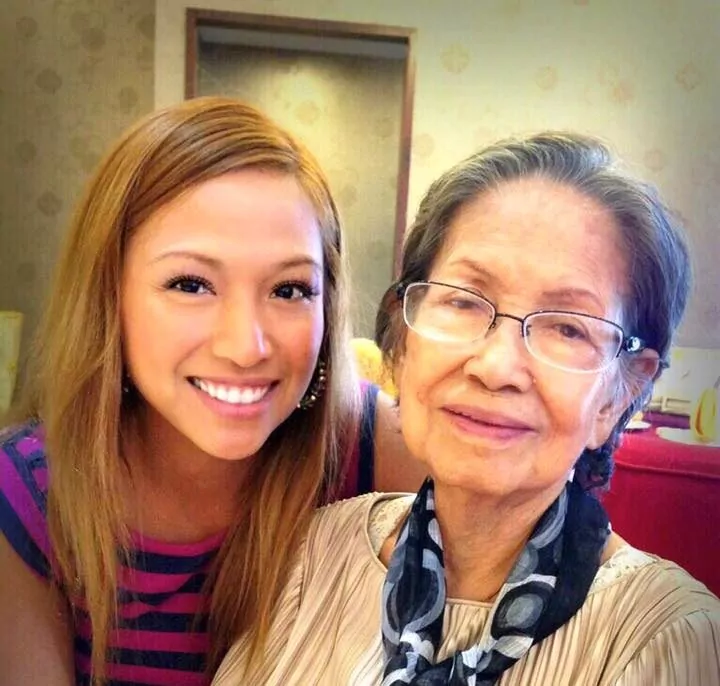 Dementia is a thief. It can rob a person of so many important aspects of life. The ability to remember what just happened can cause many sufferers to stop connecting. They become afraid of saying the wrong thing, or sounding silly. They have a hard time grasping what is happening in the present and so pull into themselves. Anger, frustration, and loneliness can be the results, not only for the one who has dementia, but for the caregivers as well.
Dementia is a thief. It can rob a person of so many important aspects of life. The ability to remember what just happened can cause many sufferers to stop connecting. They become afraid of saying the wrong thing, or sounding silly. They have a hard time grasping what is happening in the present and so pull into themselves. Anger, frustration, and loneliness can be the results, not only for the one who has dementia, but for the caregivers as well.
Reminiscence Therapy For Dementia:
Finding Clarity in the Past – Reminiscing
Why Reminiscing Can Reduce Stress in Dementia
Why Reminiscing is Good For Dementia Patients
For elders with mild to moderate dementia, there is a place for them to go – into the past. It’s remarkable that many dementia patients can talk about their childhood and early adulthood with perfect clarity. I’ve experienced this in interviews with many elders who suffer from mild to moderate dementia. One regal lady I interviewed could not remember that she just had her ice cream, but had no problem telling me her life story. Her remarkable life had begun over 100 years before! She told me about being thrown out of her father’s house at age 13 and how she put herself through high school and then through nursing school. It was a journey I felt privileged to hear about.
In conducting reminiscence sessions, I found that elders opened up and were eager to share their own experiences. Many assisted livings and memory care communities are now offering regular reminiscence sessions to help older adults become more social. Connections to others are crucial for all of us, especially our elders.
Reminiscing Can Reduce Stress In Dementia Patients
Experts have found the reminiscing can reduce stress in dementia patients. They sleep better and feel less lonely. That is huge for those who suffer with dementia. Being trapped in your own mind is a scary place to stay, but reminiscing can ease that fear and improve their quality of life.
Facilitating reminiscing can just be a conversation. Ask an elder about their first love, or what their life was like as a child, and you’ll be surprised what you learn! But talking is not the only way to bring an elder into a connection with their past. All the senses – sight, smell, touch and taste, can help you reach them.
Music is a great way to help an elder connect with their young life. We are connected by the music we loved when we were young. It makes us remember the times when we had the world by the tail! Patriotic songs, hymns, movie soundtracks, from their youth can lift their spirits and help them in so many ways.
Food is another way for you to help your elder remember their youth. Ask them what their favorite foods were, when they were a child. Did their mom make the best chicken and dumplings? Or was peach cobbler their favorite desert while growing up? That favorite food might be a gateway for you to connect with your loved one. Reminiscing does more than help the elder who suffers Dementia, it’s a way to bring more understanding between the both of you.
Films are another way to connect with a dementia patient. I know I still remember my parents taking me to see “Gone with the Wind” when I was a young girl. Old movies take us back to when we first experienced them. Just tell me, who can stay sad while watching “Bringing up Baby” with Katherine Hepburn and Cary Grant? There are so many great films that are readily available and you’ll probably enjoy them as much as your loved one!
Touchable objects are another way you might connect your loved one to fond memories. Some of the things that I have used in reminiscence sessions are: sea shells, snow globes, old-fashioned toys, feathers, and travel souvenirs. These can all evoke memories of long ago and help your loved one to talk about happier times. Even a walk through the garden where you can encourage your loved one to smell the flowers, and touch the foliage, has a magic all its own. The fresh air and sunlight are an added blessing and can lift the spirits of you both.
So, if you’re having trouble making a connection with your loved one, consider reminiscing. You might just want a tape recorder handy when you do. Some of the stories you will hear are priceless and should be saved for future generations. If your loved one is a resident in a senior community, ask the staff if reminiscing sessions are available. Many use this effective therapy to reach their residents and keep them in a happier place.Copyright © 2013 SeniorCareHomes.com. All Rights Reserved.
Copyright © 2013 SeniorCareHomes.com. All Rights Reserved.
About The Author: Karen Everett Watson is a Gerontologist and has over 10 years experience as a Journalist. Karen has spent 4 years in the senior community interviewing retirement community residents.
Articles Related To Dementia
- Benefits of Reminiscing For Seniors with Dementia
- Suddent Signs of Dementia Can Be Temporary
- Understanding Dementia
- New Ways To Prevent Dementia
- Legal Planning Tips For Dementia Patient
- Types of Dementia
Other SeniorCareHomes.com Helpful Links:
Catharine “Kate” is a Certified Administrator for Residential Care Facilities for the Elderly (RCFE) and an Expert Senior Care Advisor. Kate’s grandmother battled Alzheimer’s Disease and Kate personally understands what millions of families are going through. Kate and her team are very passionate in empowering Seniors and their families by providing them with the Best Available Senior Care Options based on Senior’s care needs, preferred location and family’s budget.


